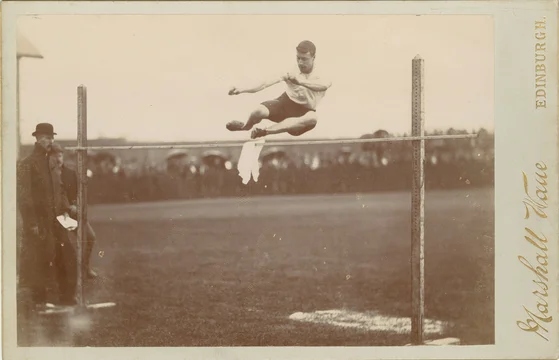
We've talked before about MILs that are really stealth summary judgment motions, but now let's talk about MILs that are stealth Daubert motions and stealth motions to strike!
On Friday, Judge Burke denied a motion in limine to preclude the testimony, holding that it was really a Daubert motion, and the party had waived it by failing to present it by the deadline for Daubert motions:
ORAL ORDER: The Court . . . hereby DENIES [Defendants' Motion in Limine No. 1] for the following reasons: (1) [T]he Scheduling Order in this case provided that "[n]o Daubert motions or motions to strike expert testimony shall be filed unless discussed with the [C]ourt at [the status conference regarding expert discovery] and the [C]ourt deems a motion practice appropriate." . . . The First MIL is in fact a Daubert motion, dressed up to look like a motion in limine.
This seems to come up with fair frequency in patent cases. Sometimes it can be kind of hard to tell at first glance whether a draft MIL is really, in fairness, a Daubert motion—but affirmatively relying on FRE 702 in the first instance is a giant red flag:
The Court . . . concludes [that the motion is in fact a Daubert motion] because: (1) the motion seeks to exclude the entirety of an experts testimony on the grounds that he is not "qualified" to provide it and that it does not fit (i.e., it is not sufficiently "tied" to) the issues in this case; (2) it repeatedly references Federal Rule of Evidence 702, Daubert and the standards set out therein; and (3) it cites to caselaw that implements Daubert. (Id. at ECF pgs. 4-6)
That looks pretty conclusive.
The Court made clear that the defendants should have asked permission to bring their late Daubert motion, and that their failure to do so contributed to their waiver:
Pursuant to the SO, Defendants should have raised this issue at the December 22, 2022 status conference and first sought permission to bring this argument (which, in turn, would have allowed the Court to determine whether the motion warranted briefing and, if so, provide for a more fulsome briefing process). Since they did not do so, the Court concludes that they have waived the right to raise the First MIL.
Ouch.
No Stealth Motions to Strike, Either
The Court wasn't done, though. It further held that the defendants' second MIL was a stealth motion to strike:
(2) Similarly, with respect to the Second MIL, which seeks to preclude Plaintiffs from using certain modeling at trial done by their expert Dr. Ronald Thisted, . . . this is really a stealth motion to strike. The Second MIL clearly seeks relief premised on Federal Rule of Civil Procedure 37(c)(1)on the grounds that certain information was untimely disclosed[ ]and it relies on cases implementing that Rule.
There is no hard deadline for Rule 37 motions, and I've seen them at the MIL stage. But, as the Court pointed out, delaying the motion for this long makes Pennypack analysis more likely to favor the moving party:
Again, pursuant to the Scheduling Order, Defendants should have raised the issues underlying the Second MIL during the December 22, 2022 status conference. Their failure to do so is rendered even more impactful by the reality that the Second MIL also implicates the Pennypack factors, a few of which focus on the extent to which a late disclosure would "disrupt the orderly and efficient trial of the case" and the "ability of the party to cure the prejudice[.]" Meyers v. Pennypack Woods Home Ownership Assn, 559 F.2d 894, 904-05 (3d Cir. 1977). By waiting to raise this issue until the eleventh hour as a motion in limine, Defendants have essentially run out the clock on these Pennypack factors, which the Court cannot countenance. Had the issue been raised at the status conference, the Pennypack analysis (were it required) may have looked quite different.
It looks like this may be another way that the Pennypack factors kind of fail at their job. Prejudice is key in a successful motion to strike under Pennypack, and the longer a party waits to file, the more prejudice they are likely to accrue.
If you enjoyed this post, consider subscribing to receive free e-mail updates about new posts.





